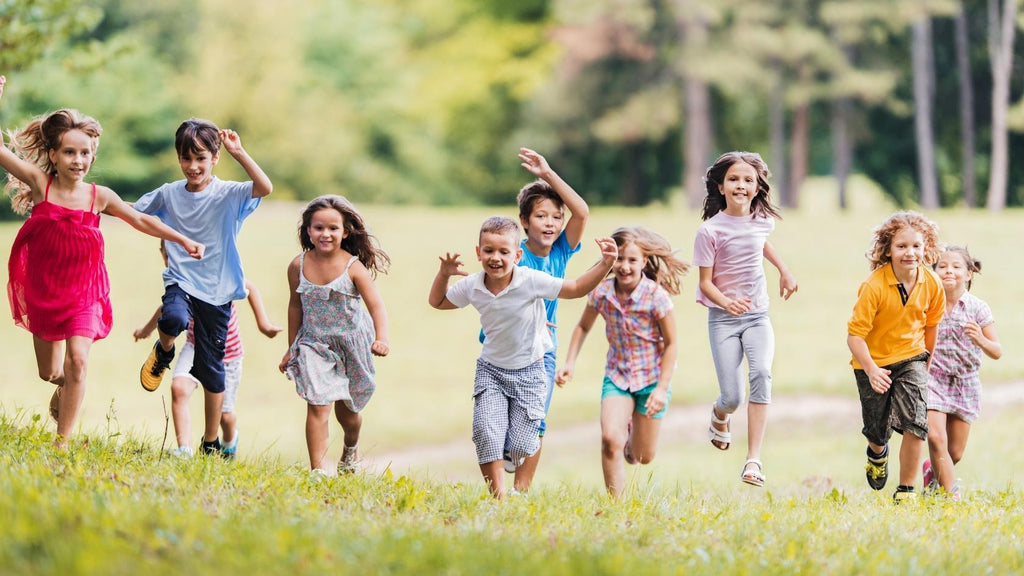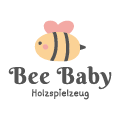How children learn to speak
Split

Every person uses language to express themselves. Newborns do this by starting with “crying” and over time they go through language development and start speaking. The development of their own language is slightly different for each child. In this process, it is very important for parents to communicate with their babies by talking to them.
Before birth
Babies' language skills develop even in the womb. According to studies, a baby can distinguish his mother's voice from other voices. In addition, a baby can adapt more easily to its new environment when it comes into the world and hears its mother's gentle voice.

The first communication
Babies are very adept at describing their needs before they even begin to speak. They signal that they are hungry by crying or turn their face away if they don't like the food. These early sounds and gestures are simple forms of communication that form the basis of later rich, language-based communication.

The listening phase
Babies are born to listen. From birth, a baby listens carefully to the sounds around him and tries to understand them from an early age. Even if it doesn't know the meaning of the words we say, it has an idea of what we want to say by observing our facial expressions.

In the first year to the first word
The sounds a baby makes in the first 6 months mostly consist of humming, gurgling, grunting and cannot be understood. These sounds that a baby makes intentionally are repeated by him constantly. Around the 9th month, he becomes aware of his gestures and makes noises by pointing at some objects (e.g. pointing “there” at a lamp). At the end of the 12th month, you will probably hear your child's first word. These are words whose meaning your baby knows. Like mom, dad, go, come, etc.

Speaking in half sentences
Your baby has spoken their first word, discovered something new and will try to do more. Don't expect your baby to talk quickly. He can only add a few words to his vocabulary per month. Babies initially prefer nouns, then they pronounce verbs and adjectives. During this time, most children are not yet able to form complete sentences, but can communicate with 2-word sentences. “Dad, car” or “Mom, food,” etc. The problem is that “Mom, eat” can mean “Mom, I want to eat!” or “Mom, you should eat something too!” So it can sometimes be difficult to guess what exactly the children want to say at this stage.

build sentences
Studies have shown that infants around 19 to 24 months of age experience a dramatic increase in language development. Children who have been making slow progress in speaking for months suddenly start learning an average of 9-10 words a day. After this process, they form sentences by stringing two or three words together. Your child listens and understands everything you say. Not only does it do this, it mimics your speech and forms sentences with the words you use.

It is important as parents to know that the milestones are average values. It is difficult to predict at what age a child will reach a particular stage of language development. If you have a problem or concern about your own child's language development, be sure to tell your doctor.
Sources and further links:
https://www.jicki.de/warum-kinder-schneller-und-einfacher-sprach-lernen-koennen/
https://www.science.de/gesundheit-medizin/wie-oft-ertoent-sprach-im-mutterleib/
https://www.ots.at/presseaussendung/OTS_20190730_OTS0023/sprachentwicklung-beginnt-schon-im-mutterleib
https://www.planet-wissen.de/gesellschaft/lernen/sprach/pwiewiekinderdiesprachkaufen100.html
https://www.unibaby.com.tr/faydali-bilgiler/bebeklerde-konusma-gelisimi/ https://invidyo.com/blog/bebeklerde-konusma-ve-dil-becerileri#cmtoc_anchor_id_1
http://www.griozelegitim.com/bebeklerde-konusma-evreleri-nelerdir-21.html

